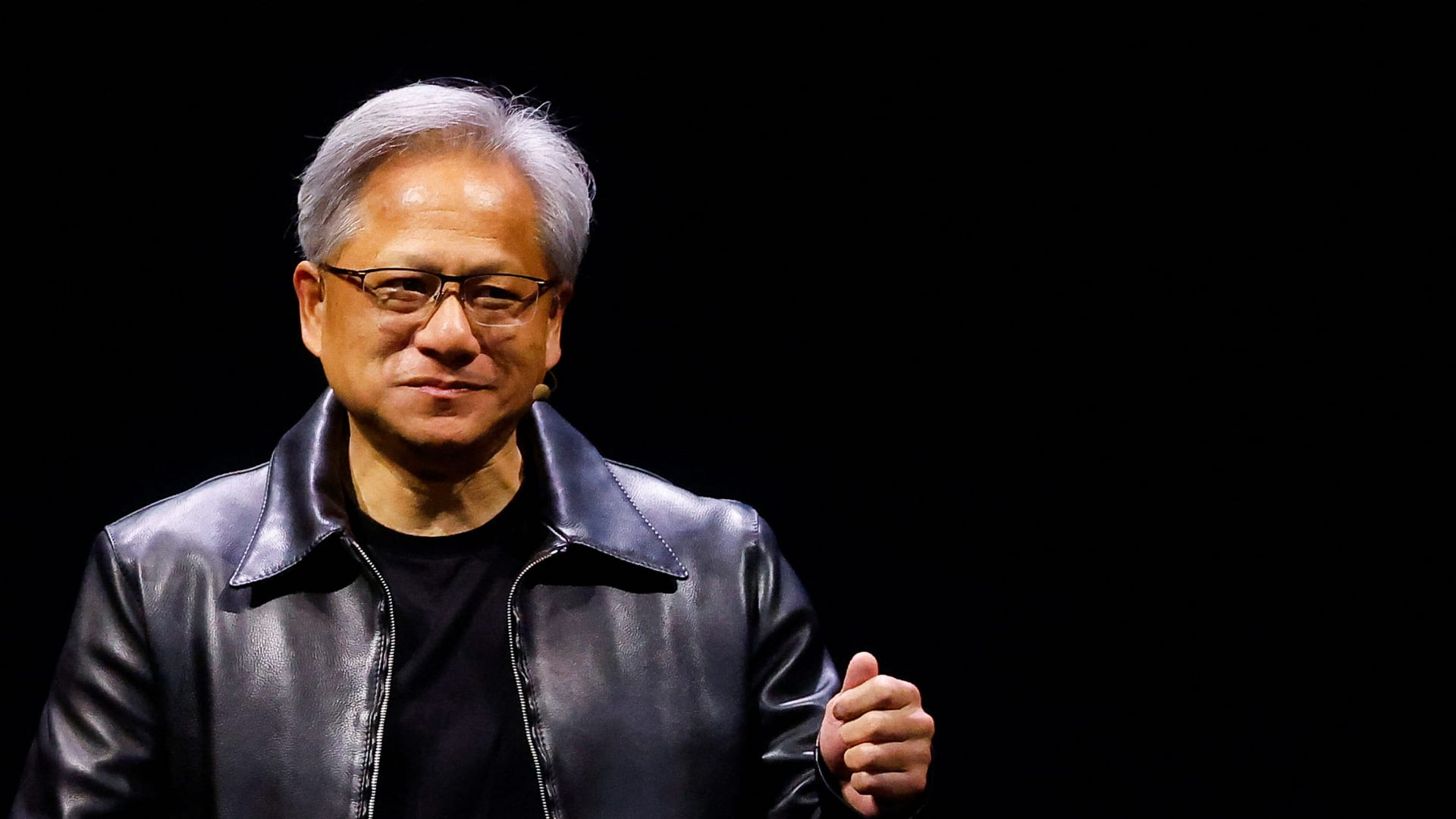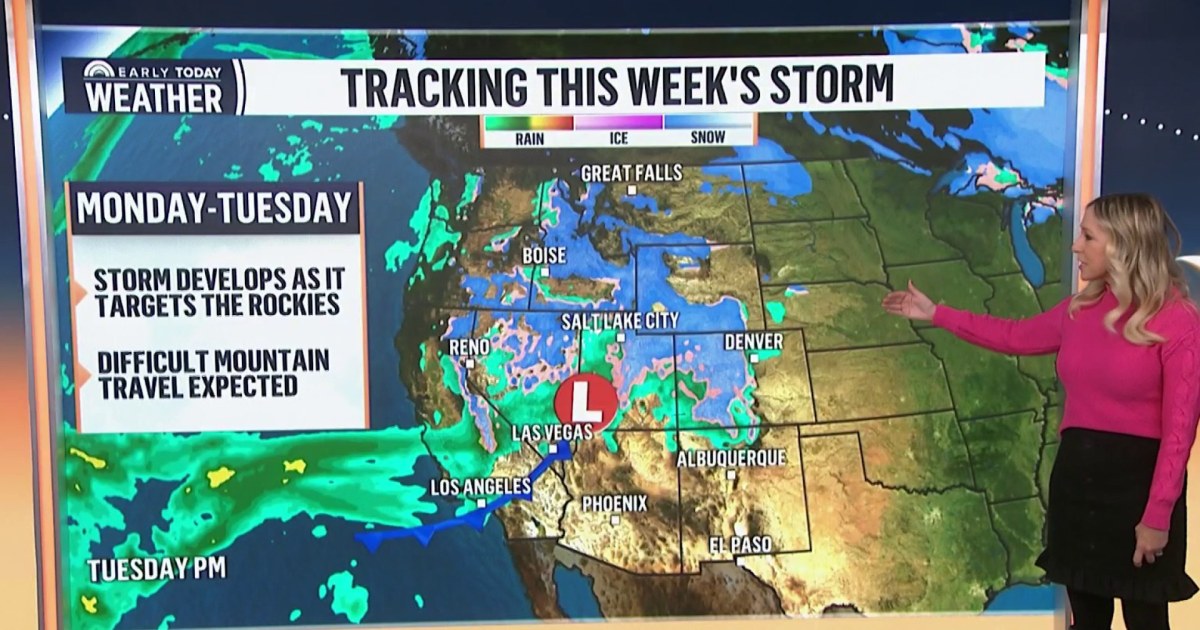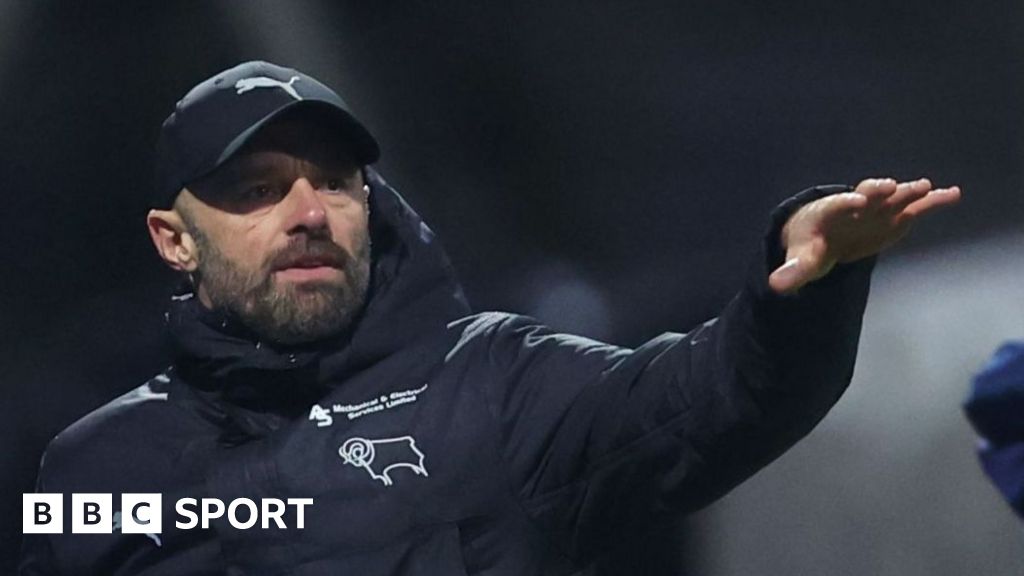Bussiness
Nvidia’s CEO ‘had no idea how to’ start his $2 trillion company, and wouldn’t do it again: ‘Nobody in their right mind would do it’

Sometimes, inexperience can be key to success.
So says Jensen Huang, who co-founded computer chip company Nvidia with fellow engineers Chris Malachowsky and Curtis Priem from a Denny’s booth in 1993.
“Frankly, I had no idea how to do it, nor did they. None of us knew how to do anything,” Huang recently told “60 Minutes” about the origins of the company.
Today, Huang has been Nvidia’s CEO for more than three decades, and he’s grown the company — through ups and downs — into a $2.2 trillion tech giant that’s helping to power the artificial intelligence boom.
But he was just 30 years old when Nvidia launched. The co-founders had never run a business before, but Huang — a microprocessor designer — believed they could build a graphics processing unit (GPU) that would revolutionize video games and computer graphics, he said.
The 61-year-old billionaire now believes his inexperience likely prevented him from giving up on the company before it became a success — because he didn’t know just how hard growing it would be. If Huang could go back to 1993 and do it all again, he’d probably bail on Nvidia, he told the “Acquired” podcast in October 2023.
‘I trick my brain into thinking: How hard can it be?’
“At Nvidia, I [have] experienced failures. Great big ones — all humiliating and embarrassing,” Huang told graduating students in a May 2023 commencement speech at National Taiwan University.
Those experiences started early. The company’s first GPU was a flop, nearly putting Nvidia out of business in 1996. Huang trimmed more than half of the company’s staff and begged partners at video game company Sega to pay out their contract, despite Nvidia delivering a “technically poor” chip, he said.
With the money from Sega’s contract buyout, Nvidia redoubled its efforts into a new chip, the RIVA 128. It become Nvidia’s first breakout product, selling more than 1 million units in four months in 1997. That success turned around Nvidia’s fortunes and put it on the path to becoming a multi trillion-dollar business.
But Huang still says the stress and pain of steering a business through that type of rough patch may not have seemed worth it had he seen it all coming.
“At that time, if we realized the pain and suffering, just how vulnerable you’re going to feel, and the challenges that you’re going to endure, the embarrassment and the shame, and the list of all the things that go wrong, I don’t think anybody would start a company,” he told the “Acquired” podcast. “Nobody in their right mind would do it.”
In other words, when it comes to being an entrepreneur, ignorance isn’t only bliss — it’s necessary.
“I think that’s the superpower of an entrepreneur,” Huang said. “They don’t know how hard it is, and they only ask themselves, ‘How hard can it be?'”
Huang continues to use that same trick — accessing the same blithe optimism he had in 1993 — when he absolutely needs it, he noted: “To this day, I trick my brain into thinking: How hard can it be? Because you have to.”
Want to make extra money outside of your day job? Sign up for CNBC’s new online course How to Earn Passive Income Online to learn about common passive income streams, tips to get started and real-life success stories. CNBC Make It readers can use special discount code CNBC40 to get 40% off through 8/15/24.
Plus, sign up for CNBC Make It’s newsletter to get tips and tricks for success at work, with money and in life.




/cdn.vox-cdn.com/uploads/chorus_asset/file/25080265/111323_PlayStation_Portal_ADiBenedetto_0004.jpg)





